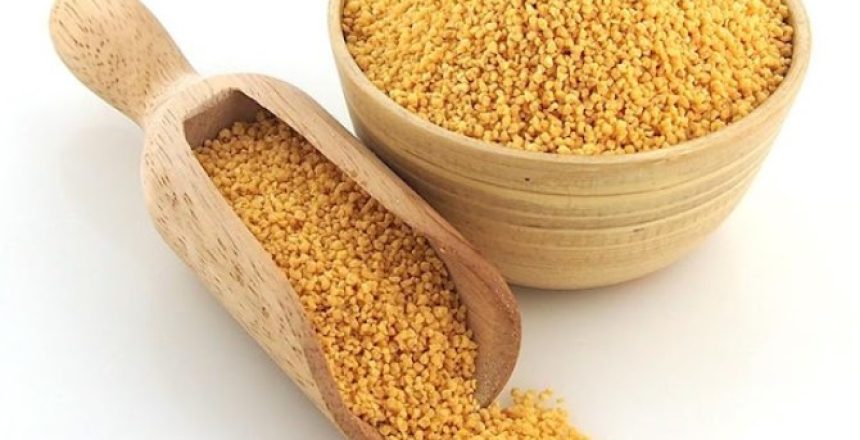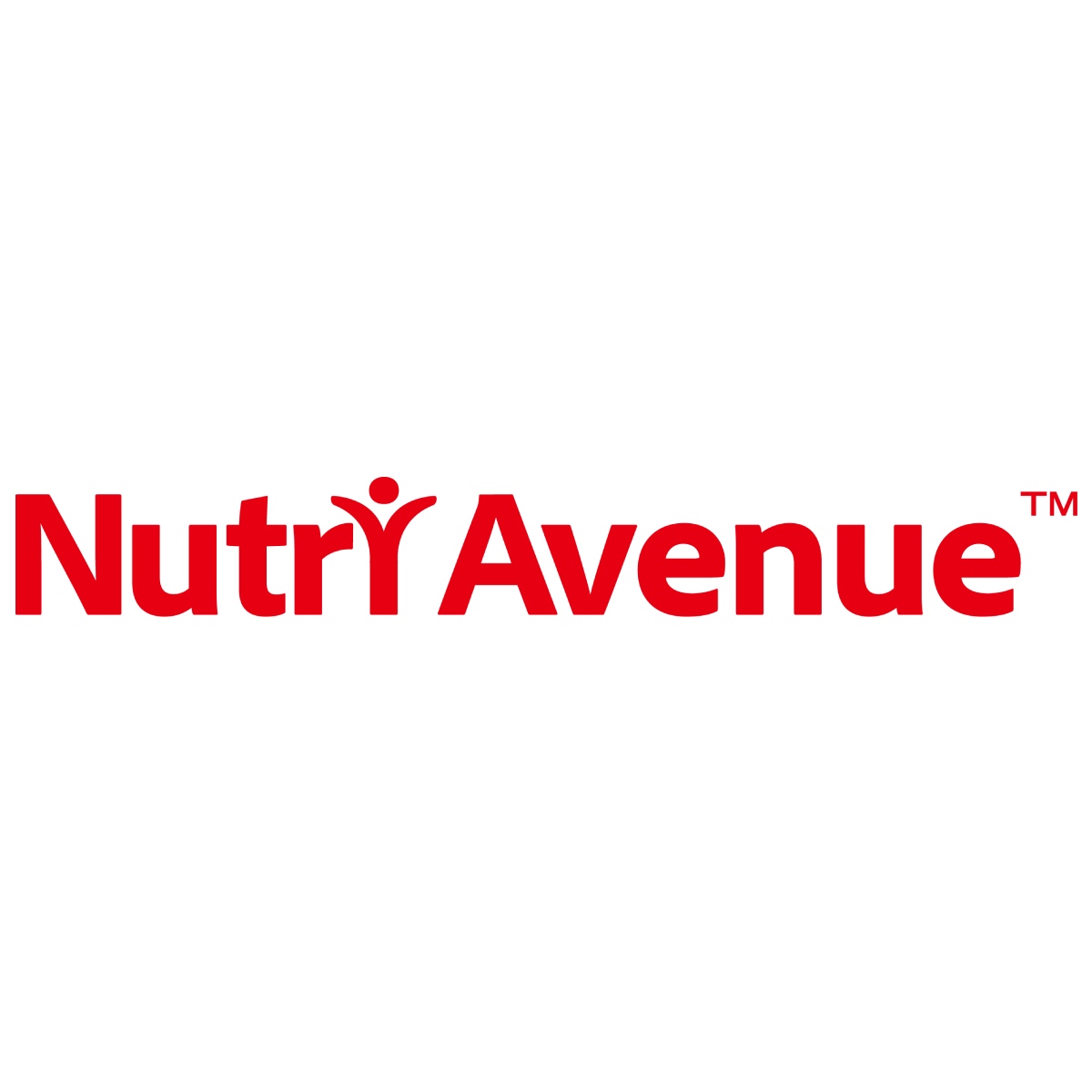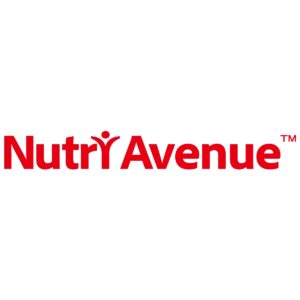Sunflower lecithin is a famous emulsifying agent in various industries, including food, cosmetics, and pharmaceuticals.
Russia and Ukraine are the two largest sunflower producers in the world. However, due to the Russo-Ukraine war, the total global sunflower seed production has decreased by more than 50%, leading to a sharp rise in the market price of sunflower lecithin powder. Among them, the prices of liquid sunflower lecithin and deoiled sunflower lecithin powder rose by 3 to 4 times compared with those before the war, and the increase has not decreased so far.
In the next few years, the price will continue to fluctuate due to the uncertainty of global sunflower production. And also, due to concerns about allergens and GMOs in sunflower lecithin, researchers and manufacturers are exploring alternative ingredients that can perform the same function.
What Are Sunflower Lecithin Alternatives?
Soy Lecithin Powder
Soy lecithin is one of the most commonly used alternatives to sunflower lecithin. It is a byproduct of soybean oil production and is a mixture of phospholipids, glycolipids, and triglycerides. Soy lecithin is a highly effective emulsifier, making it suitable for various products, including chocolate, baked goods, and processed foods.
One of the main advantages of soy lecithin is its availability and affordability. Soybeans are widely cultivated, and soy lecithin is readily available in large quantities. However, soy lecithin can be a problem for people with soy allergies, so some manufacturers prefer alternatives.
Rapeseed Lecithin Powder
Rapeseed lecithin is another alternative to sunflower lecithin that is gaining popularity. It is derived from rapeseed oil, also known as canola oil. Like soy lecithin, rapeseed lecithin is a mixture of phospholipids, glycolipids, and triglycerides, making it an effective emulsifier.
One of the main benefits of rapeseed lecithin is that it is non-GMO and does not contain any allergens. It is a suitable alternative for people sensitive to soy or sunflower lecithin. However, rapeseed lecithin can be more expensive than soy lecithin, which may be a drawback for some manufacturers.
Coconut Lecithin Powder
Coconut lecithin is a relatively new alternative to sunflower lecithin. It is derived from coconut oil and is a mixture of phospholipids and triglycerides. Coconut lecithin is a highly effective emulsifier used in various products, including chocolate, protein bars, and nutritional supplements.
One of the main advantages of coconut lecithin is that it is non-GMO and does not contain any allergens. In addition, coconut lecithin has a pleasant taste and aroma, making it suitable for food products. However, coconut lecithin can be more expensive than soy or rapeseed lecithin, which may be a drawback for some manufacturers.
Egg Yolk Lecithin Powder
Egg yolk lecithin is a natural emulsifier that is derived from egg yolks. It is a mixture of phospholipids, glycolipids, and triglycerides and is used in various food products, including mayonnaise, salad dressings, and baked goods.
One of the main benefits of egg yolk lecithin is that it is a natural ingredient used for centuries. In addition, egg yolk lecithin is a highly effective emulsifier that can improve the texture and stability of food products. However, egg yolk lecithin can be a problem for people with egg allergies, so some manufacturers prefer alternatives.
What Is The Manufacturing Process For These Ingredients?
Here are the manufacturing processes for some of the alternative ingredients to sunflower lecithin:
- Soy Lecithin: Soy lecithin is typically produced using degumming, which involves extracting the crude soybean oil from the soybeans using a solvent (such as hexane). The oil is then mixed with water, which causes the Lecithin to separate from the other oil components. The Lecithin is then dried and packaged for use in food products.
- Rapeseed Lecithin: Rapeseed lecithin is typically extracted from rapeseed using a process called degumming, similar to the method used for soy lecithin. The crude rapeseed oil is removed from the rapeseed using a solvent and then mixed with water to separate the Lecithin. The Lecithin is then dried and packaged for use in food products.
- Sunflower Lecithin: Sunflower lecithin is typically produced using a mechanical extraction process that does not involve solvents. The sunflower seeds are cleaned, dehulled, and then pressed to extract the oil.
- Coconut Lecithin: Coconut lecithin is typically produced using a process similar to the one used for sunflower lecithin. The coconut meat is first dried and then pressed to extract the oil.
- Egg Yolk Lecithin: Egg yolk lecithin is typically extracted from egg yolks using centrifugation. The egg yolks are mixed with water and salt and then spun in a centrifuge to separate the Lecithin from the other egg yolk components. The Lecithin is then dried and packaged for use in food products.
What Are The Health Benefits Of Lecithin?
Lecithin is a fat molecule found in many foods, including egg yolks, soybeans, and sunflower seeds. It is frequently used as an emulsifier in food products and dietary supplements but has several potential health benefits. Here are some of Lecithin’s health benefits:
- Brain Health: Lecithin is a source of choline, an essential nutrient for brain health. Choline helps build and maintain cell membranes and is a precursor to acetylcholine, a necessary neurotransmitter for memory and learning.
- Heart Health: Lecithin has been shown to help reduce cholesterol levels in the blood. It does this by preventing cholesterol from sticking to the walls of arteries, which can lead to atherosclerosis and other cardiovascular problems.
- Liver Health: Lecithin may also be beneficial for liver health. It helps transport fats out of the liver and into the bloodstream, reducing the risk of fatty liver disease.
- Digestive Health: Lecithin is an emulsifier that aids in lipid digestion and enhances nutrient absorption in the digestive tract. It can also help in reducing intestinal inflammation.
- Skin Health: Lecithin is a phosphatidylcholine source, an essential nutrient for skin health. It helps to improve skin hydration and elasticity and may also reduce the appearance of fine lines and wrinkles.
Why Do We Need Alternatives For Sunflower Lecithin?
There are several reasons why manufacturers and researchers are exploring alternative ingredients to sunflower lecithin:
- Allergies: Sunflower lecithin is derived from sunflower seeds, which may trigger allergies in some people. It may be especially relevant for individuals with tree nut allergies, as sunflower kernels frequently undergo processing in facilities that also manage tree nuts.
- GMO Concerns: Sunflower lecithin is often derived from genetically modified sunflowers, which can raise concerns for consumers who prefer non-GMO products.
- Sustainability: Sunflower lecithin production can have environmental impacts, mainly if the sunflowers are grown using intensive farming practices or if the production process involves solvents.
- Cost: Sunflower lecithin can be expensive, mainly if produced using organic or non-GMO sunflowers. It can make it difficult for some manufacturers to use it in their products, particularly if they operate on a tight budget.
Soy Lecithin vs. Sunflower Lecithin: Which Is Better?
Soy lecithin is a widely used and readily available emulsifier that effectively improves the texture and stability of food products. Additionally, it is relatively economical compared to other options. However, soy lecithin can be problematic for those with soy allergies, and there are concerns regarding the sustainability and non-GMO status of soy-derived products.
On the other hand, Sunflower lecithin is a newer alternative growing in popularity. It is allergen-free and can be produced without solvents, making it a more sustainable option. Additionally, sunflower lecithin has a cleaner taste profile than soy lecithin, which may be desirable for specific applications.
Ultimately, the choice between soy lecithin and sunflower lecithin depends on the specific needs of the manufacturer and the application in question. Factors such as cost, availability, allergen concerns, and sustainability will all play a role in determining the best option.
Are All These Lecithin Ingredients FDA-Approved?
The FDA (Food and Drug Administration) does not approve individual food ingredients. However, the FDA does regulate the safety and labeling of food ingredients, including Lecithin and its alternatives.
Generally, the ingredients commonly used as alternatives to soy or sunflower lecithin, such as rapeseed, coconut, or egg yolk lecithin, are considered Generally Recognized As Safe (GRAS) by the FDA. It means that they are deemed safe for use in food products based on a history of everyday use in food or on scientific data.
It is important to note that the safety and efficacy of these alternative ingredients may vary depending on factors such as the component’s source, the manufacturing process used, and the specific application in which it is used. Manufacturers should always ensure that their ingredients meet applicable FDA regulations and standards.
Conclusion
Nutri Avenue is an FDA-registered bulk raw supplement ingredients supplier. If you have needs in lecithin ingredients, please contact our sale team, and we will support you as soon as possible. All ingredients offered by Nutri Avenue are tested by a third-party, and certified by Kosher, Halal, GMP, etc.








